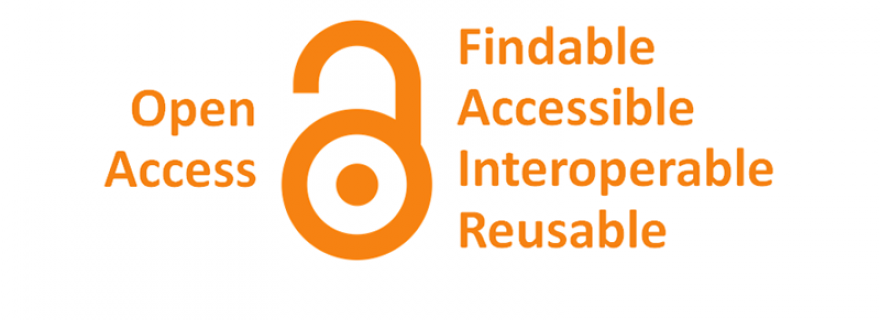Publications should be FAIR
Scholarly data sets are increasingly expected to be FAIR (findable, accessible, interoperable, and reusable). To fully realize the benefits of open access to the scholarly literature, Ludo Waltman argues that publications should be FAIR as well.
Over the past two decades, the open access movement has made significant progress in promoting the free accessibility and reusability of scholarly publications. About half of the publications from recent years are free to access and reuse. However, are accessibility and reusability sufficient for a well-functioning system of scholarly publishing? While accessibility and reusability are essential, I believe a broader perspective on open access is needed.
Findability and interoperability
Researchers and other users of the scholarly literature spend large amounts of time trying to find the publications that are most relevant to their needs. Obviously, accessibility and reusability of publications are of little use if it is hard to find relevant publications in the first place. Findability of publications therefore is just as important as accessibility and reusability.
One approach to improve the findability of publications is to create an infrastructure in which the text of publications is made available in a machine readable way and in which interfaces are provided to enable humans and machines to perform text-based searches. Such an infrastructure should be as inclusive as possible, so it should not be artificially restricted to publications from specific publishers or platforms. In addition, the infrastructure should be fully flexible in the way in which it enables the text of publications to be searched.
Performing text-based searches is of course just one way in which humans and machines may try to find relevant publications. There are many other approaches as well. One approach for instance is to search for publications of a specific researcher or research organization or to search for publications in a specific journal. Another approach is to start from a seed set of relevant publications and to search for related publications by tracing citation links from the seed set to other publications.
This highlights the importance of interoperability. Publications are connected to each other by citation links. They also have links with other types of entities, such as the journal in which they have appeared, the license under which they have been made available, the data sets and source codes of which they make use, the researchers by whom they are authored, and the organizations with which these researchers are affiliated or by which they are funded. To facilitate interoperability, publications need to be enriched with metadata that captures these links. In addition to being open, this metadata should as much as possible make use of persistent identifiers, such as DOIs and ORCIDs.
Making publications FAIR
A well-functioning system of scholarly publishing requires publications not only to be freely accessible and reusable, but also to be findable and interoperable. In other words, publications should comply with the FAIR (findable, accessible, interoperable, and reusable) principles, just as scholarly data sets are increasingly expected to be FAIR.
There is a growing consensus in the scientific community on the importance of open access. Governments, funding agencies, research organizations, scholarly societies, publishers, and individual researchers increasingly share a commitment to making publications free to access and reuse, even though they do not always agree on the best way to reach this goal. Making publications findable and interoperable requires a similar commitment. In particular, it requires stakeholders to work together to create infrastructures that provide high-quality open metadata on publications (and ideally also the full text of publications). Although several initiatives have been taken, the availability of high-quality open metadata is still limited, leading to a situation in which publications are increasingly free to access and reuse, while their findability and interoperability are still significantly hampered.
The scientific community has a responsibility not only to make publications freely accessible and reusable, but also to make them findable and interoperable. The FAIRness of publications can be improved by supporting efforts such as Metadata 2020, the Initiative for Open Citations (I4OC), the Initiative for Open Abstracts (I4OA), the Research Organization Registry (ROR), FREYA, and other related initiatives. Making publications FAIR also requires careful thinking about the governance and funding of infrastructures for open metadata. Just as publishers, funding agencies, research organizations, and other stakeholders are discussing ways to make publications freely accessible and reusable, they also need to discuss ways to improve the findability and interoperability of publications.
Last week we celebrated the progress made in the transition to open access publishing. Let’s make sure we will soon be able to also celebrate the improved FAIRness of publications!
This blog post has been inspired by discussions in the I4OA team. I thank Bianca Kramer, Catriona MacCallum, Cameron Neylon, David Shotton, Clifford Tatum, and Nees Jan van Eck for their helpful feedback in the preparation of this post.



0 Comments
Add a comment